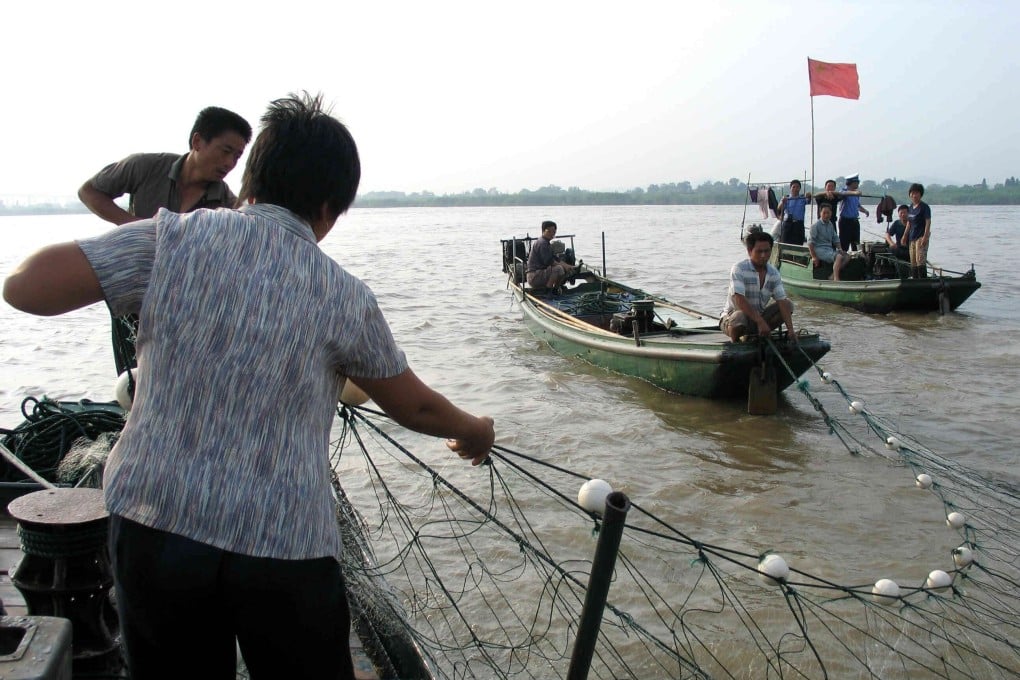Editorial | Fishing ban the best place to start to bring life back to the Yangtze
- With fish and bird species in the river’s downstream reaches in decline and food security threatened since the building of the Three Gorges Dam, authorities have rightly stepped in and curtailed human activity

The benefits and disadvantages of building the world’s biggest dam on China’s most important river and Asia’s longest, the Yangtze, were exhaustively considered. In the end, the vast amounts of clean energy from hydroelectricity and the associated industry it would bring, promises of better water management, and the likelihood of higher health and living standards won out over the environmental impacts.
Environmentalists warned of the impacts of the dam when it was being planned. There are 300 species of fish in the river and it created a barrier that some were unable to cross, preventing spawning. The government created natural reserves and artificial programmes, but numbers were not always regenerated. Overfishing furthered the decline and several species are now endangered. The Yangtze River basin once accounted for 60 per cent of China’s freshwater fishery resources, but that has fallen to a mere 0.16 per cent.
It is hardly surprising, then, that authorities have expanded the scope of a ban that has been in place on some parts of the Yangtze since the start of the year. A total of 332 aquatic reserves have been closed for fishing with almost 10,000 fishermen withdrawn.
From the start of next year, more than 100,000 boats and nearly 300,000 fishermen in 10 provincial-level regions in the river basin and nearby areas will also have to stop fishing. Those affected will be retrained for other jobs, offered subsidies to start businesses of their own or given work in related industries.
This is the most extensive and ambitious effort to save the river’s species and habitats by regenerating and restoring ecosystems. It will also be the first time some riverside communities will be unable to get fresh fish from a source that has served Chinese since time immemorial.
But no matter how important a source of food it is, degeneration of resources and water quality is such that only a moratorium on activity can ensure its well-being. The river is so significant to Chinese civilisation and history that it has to be nursed back to good health. Other measures will have to be taken. Restricting the sale and eating of precious and exotic aquatic species is necessary, and the level of industrial pollution, which has seriously damaged habitats, has to be dramatically reduced. But the fishing ban is the best place to start in returning life to the Yangtze.

